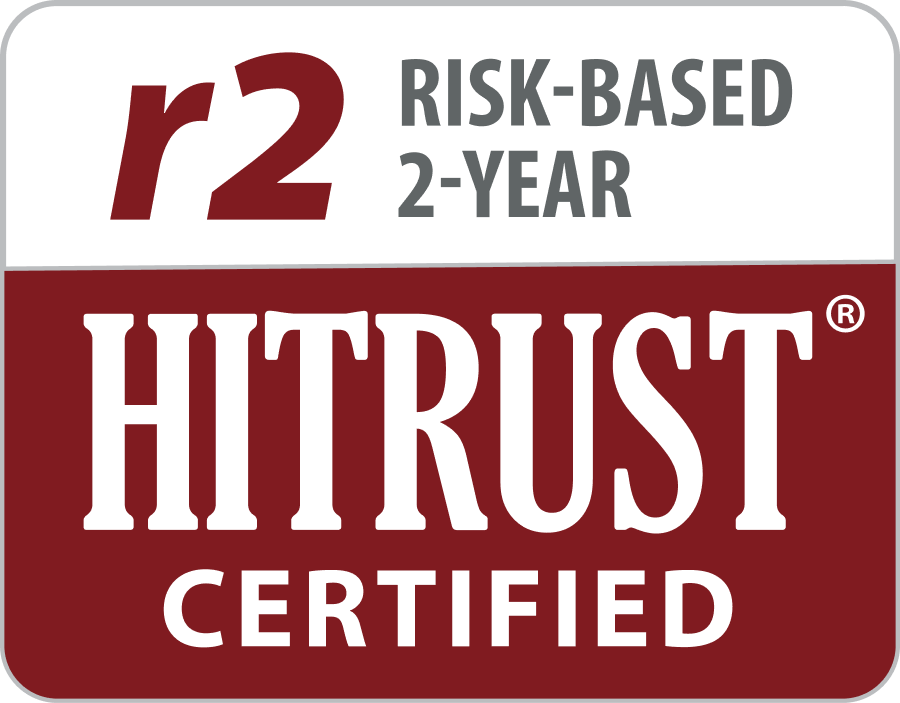
The success of any healthcare organization hinges on its ability to consolidate resources, share knowledge among teams, and promote collaboration. In one example of collaboration for the greater good, let’s explore the crucial role of case management in risk adjustment. Here are six ways your plan can tap into this often-overlooked resource that can have a transformative impact on risk score accuracy and the overall health of enrollees.
Integration of clinical teams
Many health plans overlook the potential contributions of clinical teams, such as case management, utilization management, quality improvement, and HEDIS programs, in risk adjustment operations. Integrating clinical teams into the overall risk adjustment process can significantly improve the accuracy of enrollee information and identification of enrollees with gaps in care.
Develop a collaborative project plan
It’s important to develop a project plan that involves all team members. Recognize potential key contributions based on the expertise of each team member, including case managers and other clinical staff.
Educate staff and leadership
Take the time to educate your team about the importance of accurate information and its impact. Highlight the role of case management and the value it brings to risk adjustment operations.
Leverage case management expertise
Case managers have regular routine visits with members and established relationships. They can obtain member/enrollee demographics, service utilization, and support the accuracy of member information. Case managers can also assist in stratifying members to determine high-risk individuals and obtain difficult-to-obtain information, such as behavioral health treatment notes.
Support compliance and overcome barriers
Case managers can help encourage enrollees to achieve compliance with gaps in care and attend preventative visits. They understand the impact of COVID-19 and can determine the most suitable type of visit for enrollees, whether face-to-face home visits or telehealth visits. Case managers can accompany, schedule, and attend provider visits, assisting in identifying and overcoming additional barriers to care, such as transportation or other social determinants of health.
Improve enrollee information and overall health
By tapping into case management’s unique access to enrollees and integrating their expertise into risk adjustment operations, organizations can significantly improve enrollee information accuracy. Identification of enrollees with gaps in care leads to more targeted interventions and improved risk adjustment outcomes, ultimately enhancing the overall health of enrollees.
ATTAC Consulting Group has the expertise and experience to keep accuracy of risk scores in the forefront of your organization’s Risk Adjustment program. With a pulse on the latest CMS and OIG trends, and the knowledge of where to look, ATTAC is uniquely positioned to aid in your organization’s Risk Adjustment retrospective programs.

